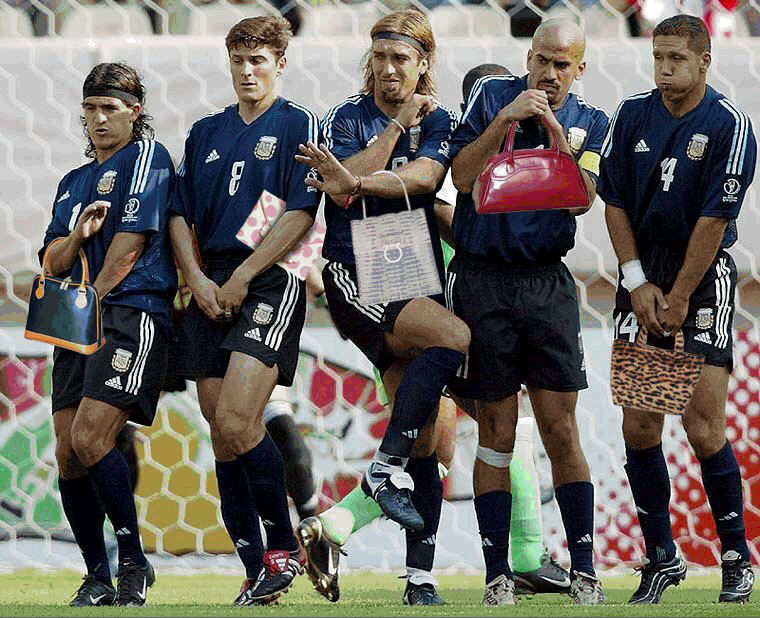
World Cup 2014: Why is it that football stereotypes appear to be so closely linked to economy stereotypes?
As the World Cup 2014 kicks off, we can look at some of the top teams in the tournament and notice that how they play the game is remarkably close to how they are perceived in the world of culture, industry and economy. I don’t necessarily mean that the best team has the strongest economy, but looking back over the decades, these old stereotypes ring absurdly true for many of the teams and their style of play.
England: A powerful and pragmatic team more focused on just scoring the goal than how it’s scored, and certainly now a faded power regarding world dominance.
Germany: Efficiently organised and always with a solid engine of determined players, Germany has had its historical peaks and troughs but always displays a strong show of force.
France: So much talent and creativity, but even more trouble managing its own ranks. Requires a strong leader to operate effectively.
Italy: Emotion, fantastic skills and performance of great pedigree, the Italians can easily be linked to their auto industry. Indeed, they often break down during crucial moments.
Brazil: Play football like they do business; flexibility, and a relaxed attitude. The samba kings like their football to flow, just as the great Pelé once said, “Enthusiasm is everything. It must be taut and vibrating like a guitar string.”
Spain: Play with panache and technical skill, with opposing players fooled by the deft swish of the boot just like the skilled matador. Olé is used in the football stadium as well as the bull ring.
Japan: Fitting well with history, Japan has always been a major power in Asia, they tend to work hard as a team, but play it safe and take few risks to avoid personal shame.
Archie Pollock,
Expertise in Labour Mobility
© Expertise in Labour Mobility B.V. All rights reserved.
